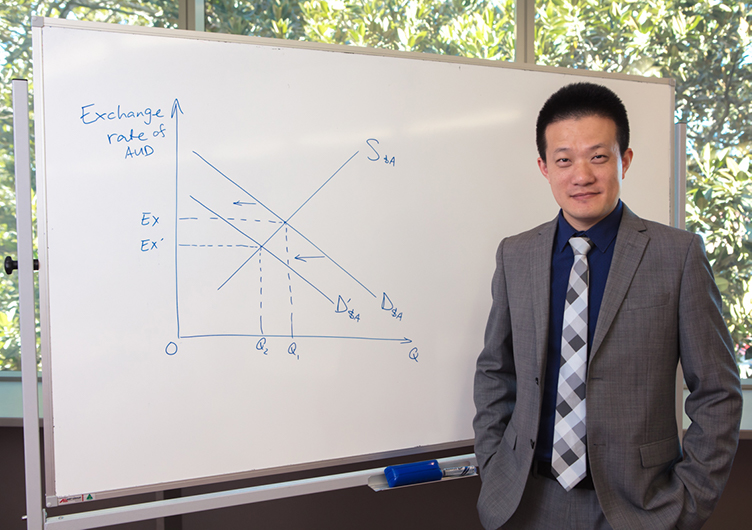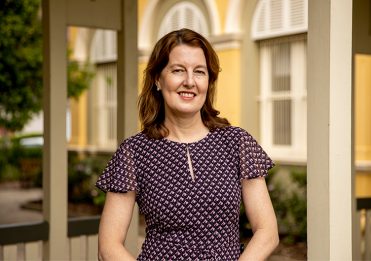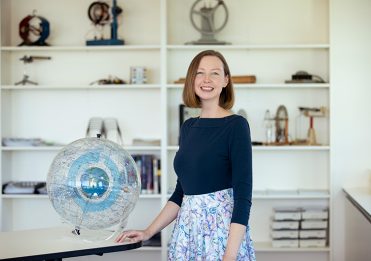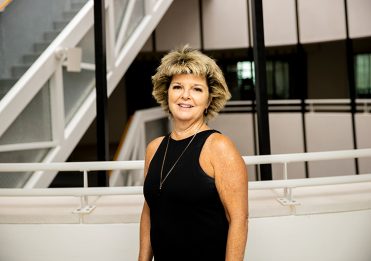When I was younger, I always thought I would be a translator. Similar to my father, my passion for translation derived from my desire to learn more about the world and the unfamiliar.
While I was studying my Bachelor’s Degree in International Business at Shenyang University of Technology, I worked as a part-time translator and interpreter. The University had a number of international scholars visit and I would translate their lectures. At the time, I felt like this was the best of both worlds—translating and learning from the lectures.
After graduating, I was awarded a scholarship to complete my Master’s Degree in Management Science and Engineering. As part of the scholarship, I was required to teach, and enjoyed the opportunity to share my knowledge of, and developments in, Economics. My passion for Economics originates from the same curiosity that first interested me in translation; it allows me to understand and see the world from a different perspective.
After completing my first Master’s Degree, I was granted another scholarship to complete a Master’s in International Business at Griffith University. At that time I had just started my PhD in China, under the supervision of Professor Qinxian Bai, a pioneer in his field, whose work influenced Chinese banking reform and focused on sustainable economic development and positive social change. Professor Bai suggested I take this opportunity to focus my research on Australia’s financial reform and financial regulation.
I took his advice and decided to explore Australia’s financial evolution and the interrelationships between financial structure, financial environment and financial function. Coming from China, I had studied Western economics in great depth, but being here allowed me to gain a better understanding of the modified market economy in Australia.
While I was working on my PhD, I lectured and tutored in Finance and Economics at Griffith University. I did this for eight years before I realised the importance of studying economics at secondary school. Many of my students were not educated on basic economic literacy and numeracy. University curriculum has some limitations and I wanted to teach current social economic issues such as income inequality, wage growth, youth unemployment and trade tensions more broadly.
I had not considered becoming a teacher when I was at school. I had a misconception from my own secondary school experience that teaching would involve repeating the same thing over and over again. I could not have been more wrong.
After finishing my second Master’s Degree and PhD, I enrolled in a Graduate Diploma of Education at The University of Queensland. It was there I met Deputy Principal (Academic), Dr Bruce Addison, who was one of my Economics lecturers. Bruce was extremely knowledgeable, kind and always showed the greatest respect and interest in different opinions. His passion for education and pursuit of scholarship was contagious and affirmed my decision to pursue a career as a secondary school teacher.
I find secondary teaching so rewarding. Grammar girls are extremely creative, always bringing new ideas and questions to each class. Classroom discussions are dynamic and some days I joke that the girls are teaching me and not the other way around.
As someone who was not born in Australia, I love living in Brisbane for so many reasons. People really value interpersonal relationships and that’s evident in our School community. The Humanities Faculty is like a big family; I’m probably the quietest in the family, but I benefit tremendously from listening to my colleagues and the support they offer. It’s very much an enabling environment, and one that translates across all areas of the School.
People are often surprised when I say Economics gives me hope in humanity. It’s not only about understanding the logic of human behaviour, but also making rational choices for a better world. And just as Professor Bai showed me the importance of economical social benefits, I too want to share this with our girls and demonstrate that economics can positively change people’s lives, so they can contribute justly to their future.





